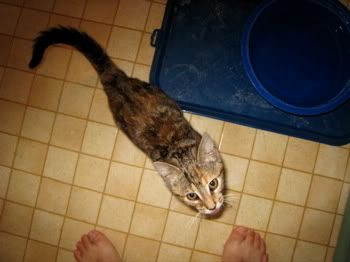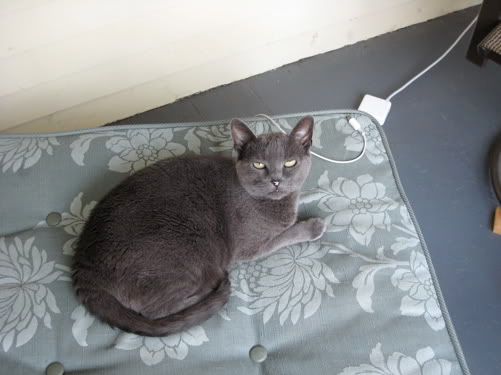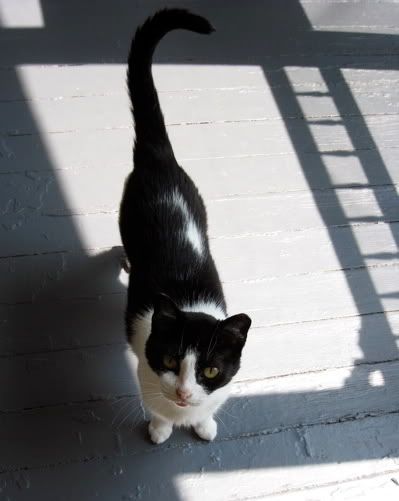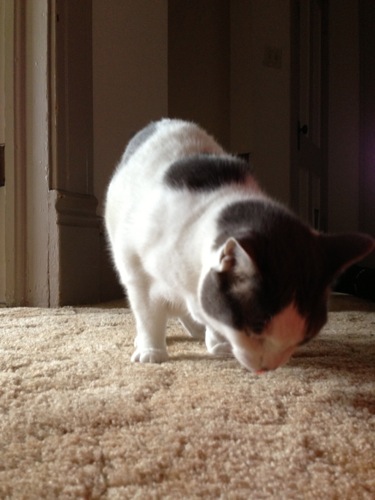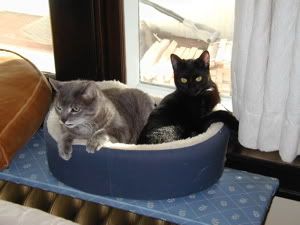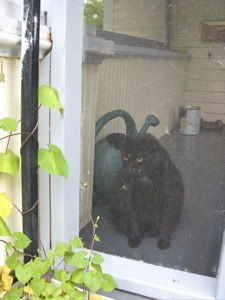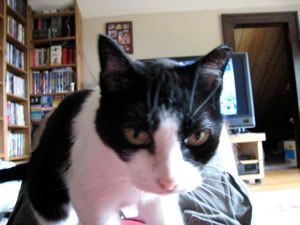Today is the first day of classes at the University where my wife teaches. And that means that I have structure in my life again, which means much more writing happening. Don’t get me wrong, I love having her home for the summer and living on an academic schedule. There’s something truly joyous about four months of down time every year and the the only thing in the world I love as much as writing is Laura. But school starting means that I go back to a full time writing schedule, and the only thing I love as much as Laura is writing. So, without further ado, and all appropriate apologies to old Will:
Once more unto the book, dear friends, once more;
Now mark the page up with our English words.
In lulls there’s nothing becomes a writer
As modest stillness and humility:
But when the novel call blows in our ears,
Then imitate the action of the tiger;
Stiffen the sinews, summon up the blood,
Disguise fair nature with hard-favour’d ink;
Then lend the pen a terrible aspect;
Let pry through the portage of the head
Like the brass cannon; let the word o’erwhelm it
As fearfully as doth bad metaphor
O’erhang and shadow its intended thought,
Swill’d with the wild and wasteful word.
Now set the start and stretch the keyboard wide,
Hold hard the breath and bend up every writer
To their full plot. On, on, noblest novelist.
Whose blood is fet from fathers of literature!
Fathers that, like so many Asimovs,
Have in these parts from morn till even writ
Then sheathed their pens for lack of argument:
Dishonour not your keyboards; now attest
That those whom you took as models did beget you.
Be example now to those of grosser blood,
And teach them how to write. And you, good yeoman,
Whose pens were dipped in ink, show us here
The mettle of your writing; let us swear
That you are worth your paper; which I doubt not;
For there is none of you so mean and base,
That hath not vital story in your heart.
I see you stand like greyhounds in the slips,
Straining upon the start. The game’s afoot:
Follow your spirit, and upon this charge
Cry ‘God for story, pen, and written word!’
(Originally published on the Wyrdsmiths blog September 03 2008, and original comments may be found there. Reposted and reedited as part of the reblogging project)


